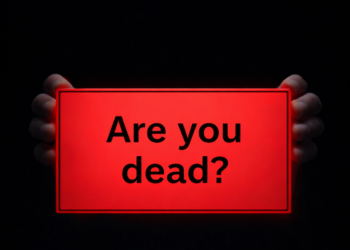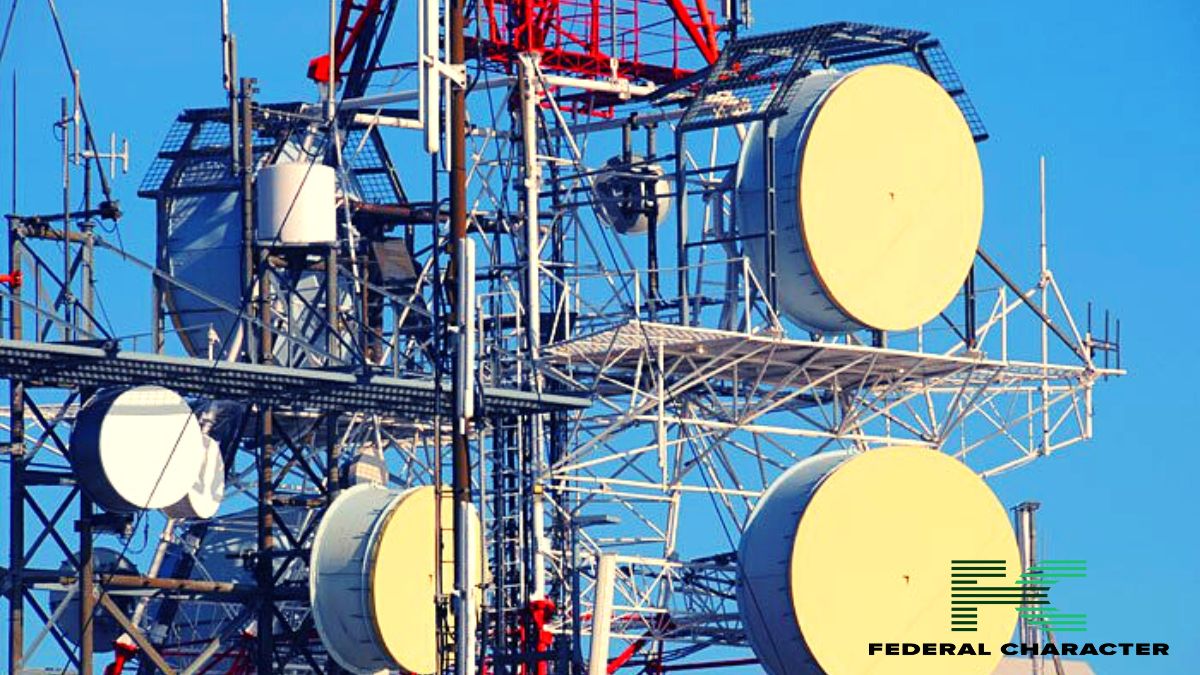Apple’s latest iPhone 15 release sparked a diverse range of reactions in China, its third-largest market. While many online users praised the device’s faster chip and enhanced gaming features, others remained loyal to Huawei’s new smartphone.
China continues to be a crucial market for the American tech giant, especially given Huawei’s challenges in the smartphone business due to U.S. export controls. However, Apple has faced scrutiny in the lead-up to the iPhone 15 launch.
Last week, both Apple’s stocks and those of its suppliers took a hit amid reports that Chinese government agencies and state-owned firms were discouraging the use of Apple phones. Meanwhile, Huawei’s launch of a new smartphone with an advanced chip marked an attempt by the Chinese company to stage a comeback.
The unveiling of the iPhone 15 triggered intense online discussions, with the device set to go on sale in China on September 15th via Alibaba’s Tmall marketplace and in stores on September 22nd.
Conversations about the launch garnered 380 million views on Weibo, with over 800,000 discussions, including posts, comments, and likes, regarding the iPhone 15.
Many enthusiasts celebrated the iPhone 15 Pro’s new 3 nanometer chip and Apple’s claim that it can handle console-quality games like “Resident Evil 4 Remake,” appealing to China’s vast community of mobile gamers.
However, some social media users expressed reservations about choosing an American brand over a domestically made rival, especially after state media praised Huawei’s Mate 60 Pro as a triumph over U.S. sanctions earlier in the month.
A survey by Chinese news portal Sina on social media asked participants whether they would buy the Mate 60 or iPhone 15, resulting in 61,000 votes for the Huawei device versus 24,000 for the iPhone 15.
Comparisons between the Mate 60 Pro’s ability to make calls and send texts via satellite and the iPhone 15’s limited satellite texting capability also generated significant discussion.
While the smartphone market in China, like the global sector, is experiencing a slump, analysts warn that this, coupled with the country’s slowing economy, could impact iPhone 15 sales.
Apple’s third-party retailers began offering rare discounts on the iPhone 14 Pro in February, potentially boosting sales but potentially diminishing demand for the latest series.
Analysts anticipate challenges ahead for Apple, with Archie Zhang, a research analyst at Counterpoint, stating, “This is not a good signal for the upcoming 15 series as some demand has been fulfilled before the launch.”
Will Wong, an analyst with industry research group IDC, sees recent public sector developments and Huawei as posing challenges for Apple, particularly given Chinese consumers’ cautious spending habits and shifting priorities.
China’s foreign ministry clarified that Beijing had not issued a ban on the purchase and use of foreign phone brands like Apple but acknowledged media reports of security incidents related to Apple’s phones.
IDC predicts that Apple’s share in China’s premium phone market will gradually decline due to increased competition from Huawei. In the first half of 2023, Apple held 67% of the market share for phones priced over $600, with Huawei following closely at 15.6%.














